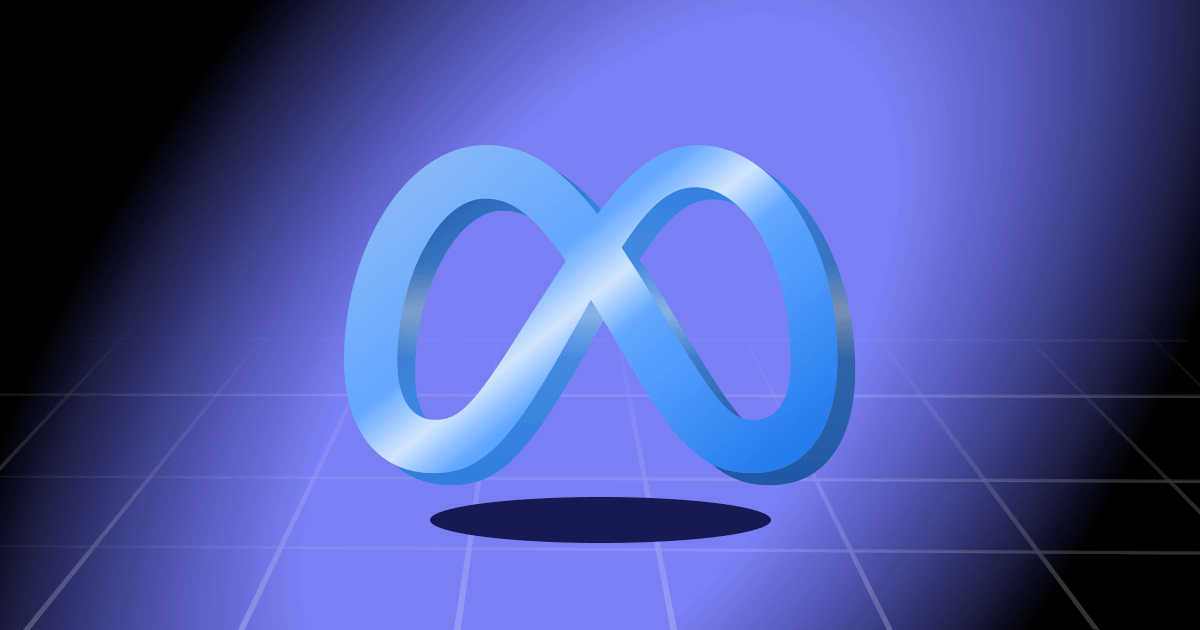
What is the Facebook Metaverse? Everything you need to know
September 27, 2023In a bold move in 2021, Facebook rebranded itself as Meta, signalling its commitment to exploring the concept of the metaverse. What exactly is this metaverse, and how does it impact you? This article dives deep into Meta's journey into the metaverse and its implications for the future.
When Meta changed its name in 2021, it heralded a new era focused on building a metaverse. At the heart of this endeavour is Horizon, Meta's metaverse platform. The custom software development company initiated testing for Horizon back in 2020, setting the stage for its ambitious metaverse vision.
For most individuals, entering Meta's metaverse, known as Horizon, is as straightforward as acquiring a Meta Quest 2 VR headset, priced at $399. The good news is that Horizon itself is currently available for free, with the caveat that in-app purchases are under trial.
Horizon had humble beginnings as a social virtual reality app in 2020, initially undergoing closed alpha testing. Today, Horizon Worlds serves as Meta's primary gateway to the social metaverse, while Horizon Workrooms is geared towards the workplace metaverse.
Meta is breaking barriers by testing Horizon Worlds on smartphones, suggesting that the metaverse's future won't be confined to VR headsets alone.
The rebranding from Facebook to Meta in late 2021 was far from unnoticed. Meta's Chief Technology Officer, Andrew Bosworth, expressed concerns that the shift might go unnoticed, but in reality, it stirred quite a divisive response.
By May 2023, Ed Zitron declared the metaverse "dead" in an Insider obituary caused by the rise in generative AI, which propels abandonment by the business world. Other voices, like Phil Libin, former CEO of Evernote, found Horizon "tolerable for a few minutes" and criticised it as an "old idea" that had never worked. In February 2022, Meta's stock took a 20% tumble, losing $10 billion in market value.
Meta faced significant challenges with a loss of over a million daily active users and substantial layoffs. In November 2022, 11,000 employees lost their jobs, followed by 10,000 more in March 2023 and an additional 5,000 in May. The layoffs impacted employee morale, and while Meta's stock price improved from its all-time low, it has yet to fully recover.
To address concerns about virtual harassment, Meta introduced a "Personal Boundary" feature in February 2022, creating a 4-foot safety bubble around avatars, which cannot be disabled.
Horizon faced criticism for glitches and a lack of user engagement. In response, Meta placed Horizon in a "quality lockdown" for the remainder of 2022, pledging to focus on bug fixes. However, this move raised concerns among investors, given the substantial investment—over $36 billion—made in the metaverse.
Mark Zuckerberg, during a Meta earnings call, described the metaverse as "a very long-term bet". While he couldn't guarantee its success, he believed it reflected the direction in which the world was headed. Following his remarks, Meta's stock rose by 7%.
Another IT company, Apple, entered the metaverse conversation by announcing its mixed-reality headset, Vision Pro, in June 2023. Interestingly, Apple opted to use the term "spatial computing" rather than "metaverse", potentially due to the latter's lack of consumer recognition. Meta's Andrew Bosworth compared this confusion to the early days of the internet, suggesting that while it may be hard to define, it could become integral to our lives, just like the internet itself.
